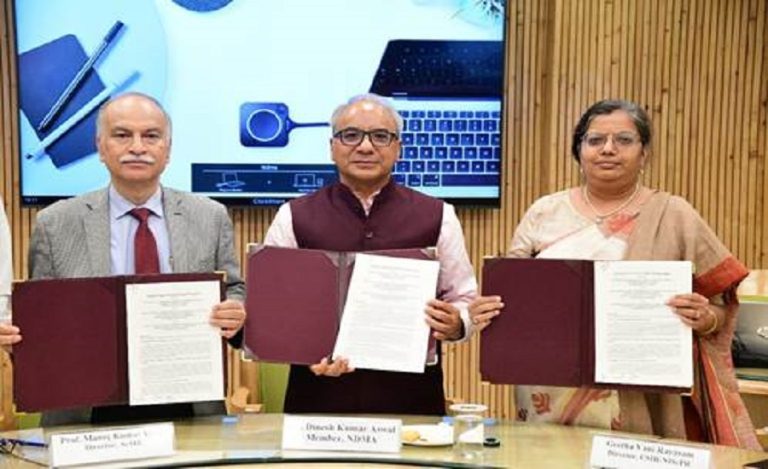Bhopal: The Madhya Pradesh government conducted a significant administrative reshuffle on Tuesday, transferring 24 IAS officers, including 12 district collectors. A notable aspect of this reshuffle is the transfer of 8 officers linked to controversies, political disputes, and public grievances, reflecting the ongoing tension between the bureaucracy and political representatives in the state.
Dispute with BJP Legislators Leads to Removal of Key Collectors
Among the most high-profile transfers are Dindori Collector Neha Marwaha and Bhind Collector Sanjeev Srivastava, both removed following public confrontations with local BJP MLAs. Neha Marwaha, a 2011-batch IAS officer, served as Dindori Collector for only eight months before being transferred due to complaints from Shahpura BJP MLA Omprakash Dhurve. The MLA accused her of failing to register complaints properly, mishandling local issues, and disrespecting villagers during a public hearing.
In Bhind, BJP MLA Narendra Singh Kushwaha clashed with Collector Sanjeev Srivastava over local administrative matters, including sand theft and fertilizer supply. The confrontation escalated when the collector reportedly gestured at the MLA during the argument. Following the incident, Srivastava was moved to the Public Works Department in Bhopal as Additional Secretary.
Other Transfers Marked by Public Grievances and Political Pressure
Several other officers were also transferred amid controversies. Pandhurna Collector Ajay Dev Sharma was shifted after protests erupted over his plan to build a new collectorate on land donated by the Lingayat community, which faced opposition from local BJP leaders and Congress MLAs. Similarly, Bhopal Municipal Commissioner Harendra Narayan was moved following criticism from BJP leaders for allegedly ignoring public complaints.
Seoni Collector Sanskriti Jain, Singrauli’s Chandrashekhar Shukla, Niwari Collector Jamuna Bhide, and Chhindwara’s Shilendra Singh also faced transfers linked to disputes, public dissatisfaction, or judicial reprimands.
Political Influence and Administrative Autonomy at Crossroads
Political observers note that dissatisfaction among BJP MLAs with the administrative style of these officers played a critical role in the transfers. The reshuffle underscores the challenges faced by district-level bureaucrats in balancing effective governance with political pressures. Many transferred officers were moved to departmental roles in Bhopal or other districts after serving short tenures in politically sensitive areas.
Officials say the reshuffle aims to resolve ongoing conflicts and restore smooth functioning in districts where governance was disrupted. However, the rapid transfers have raised questions about bureaucratic autonomy and the influence of political representatives on administrative decision-making.
Implications for Governance in Madhya Pradesh
The recent reshuffle highlights the volatility of district administration in Madhya Pradesh, where political disagreements increasingly impact bureaucratic postings. While the government emphasizes the need for administrative efficiency and conflict resolution, the controversy-prone transfers suggest a delicate balance between governance, politics, and public service delivery.




























